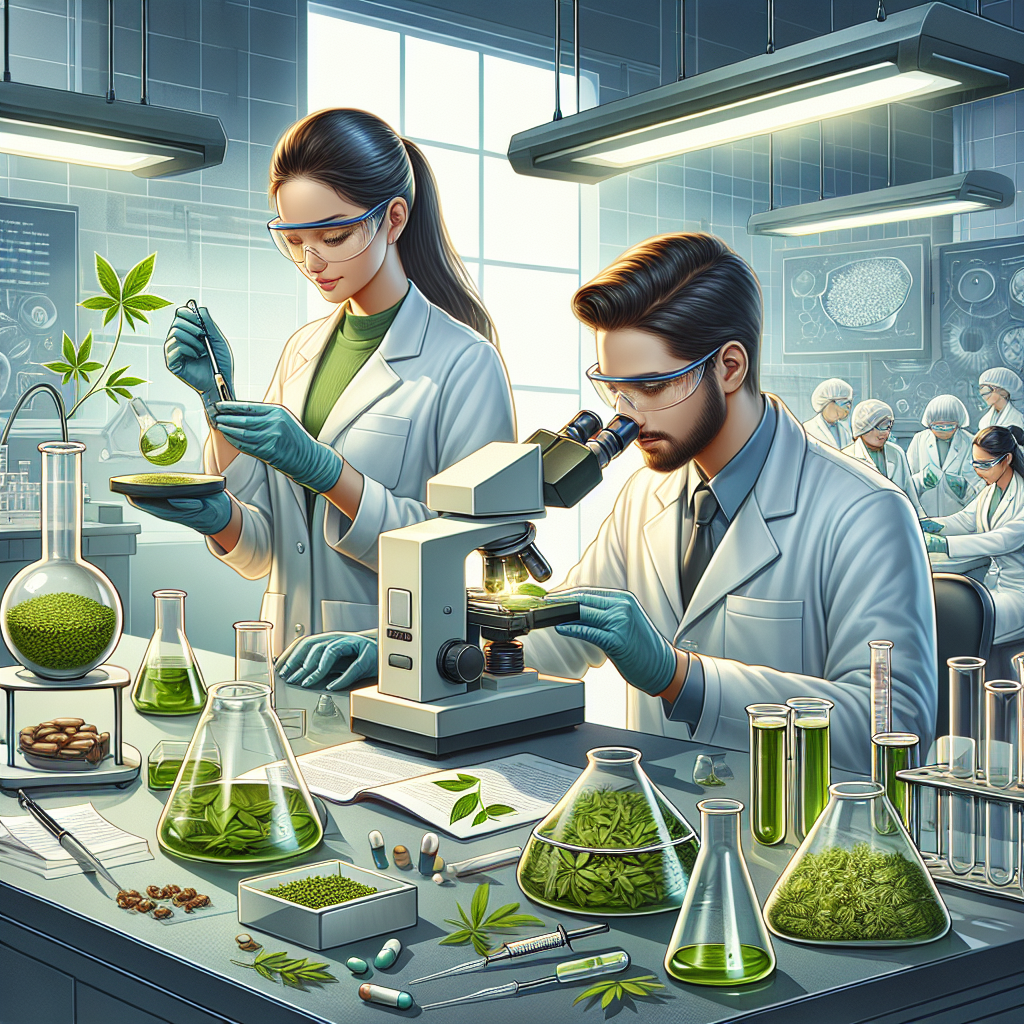The practice of medicine is an ever-evolving field that combines the wisdom of the past with the advancements of the present. The intersection of traditional and modern medicine in treatment plans is a testament to the healthcare system’s adaptability and commitment to holistic patient care. This comprehensive approach can lead to more personalized and effective treatment options for individuals. As we explore this integration, it is vital to understand the strengths and limitations of both traditional and modern medicine.
Understanding Traditional Medicine
Traditional medicine refers to the knowledge, skills, and practices based on the theories, beliefs, and experiences indigenous to different cultures that are used to maintain health, as well as to prevent, diagnose, and treat physical and mental illnesses. Traditional medicine includes a variety of health practices, approaches, knowledge, and beliefs incorporating plant, animal, and mineral-based medicines, spiritual therapies, manual techniques, and exercises.
One of the most recognized forms of traditional medicine is herbal medicine, which utilizes plant-based remedies for therapeutic purposes. Other forms include acupuncture, Ayurveda, and homeopathy. These practices often emphasize the body’s ability to heal itself and focus on restoring balance within the body.
The Role of Modern Medicine
Modern medicine, also known as Western medicine, is characterized by the use of scientifically tested and proven methods to prevent, diagnose, and treat health conditions. It relies heavily on pharmaceuticals, surgery, and advanced technology to achieve patient care objectives. Modern medicine is often at the forefront of innovation, with continuous research leading to new treatments and improved health outcomes.
Integrating Traditional and Modern Medicine
The integration of traditional and modern medicine can provide a more comprehensive approach to healthcare. For example, patients undergoing cancer treatment may use acupuncture to relieve some of the side effects of chemotherapy, such as nausea and vomiting. This combination allows for a treatment plan that addresses both the physical and emotional aspects of the patient’s health.
Incorporating traditional practices into modern healthcare can also enhance patient-centered care. By acknowledging and respecting a patient’s cultural background and personal preferences, healthcare providers can create a more trusting and effective therapeutic relationship.
Relevant Aspects of Health
When considering traditional and modern medicine, it’s essential to look at the specific aspects of health they may benefit. For instance, in the realm of Brain Health, certain herbal supplements may support cognitive function, complementing the pharmacological treatments for conditions like Alzheimer’s disease.
Evidence and Safety in Medicine
One of the challenges in integrating traditional and modern medicine is the difference in how treatments are validated. Modern medicine requires rigorous scientific research and clinical trials to establish the efficacy and safety of treatments. In contrast, traditional medicine often relies on historical use and cultural beliefs, which may not be supported by scientific evidence.
Ensuring the safety of patients is paramount when combining traditional and modern treatments. It is crucial to have a thorough understanding of potential interactions between herbal remedies and prescription medications. For instance, St. John’s Wort, a common herbal remedy for depression, can interfere with the effectiveness of certain prescription drugs.
Collaborative Healthcare
The collaboration between practitioners of traditional and modern medicine can lead to more holistic treatment plans. Integrative medicine clinics and hospitals are becoming more common, where patients can receive care from a team that may include doctors, herbalists, acupuncturists, and other healthcare professionals.
Challenges and Considerations
While the integration of traditional and modern medicine has potential benefits, it also presents challenges. These include regulatory issues, quality control of herbal medicines, and ensuring that practitioners of traditional medicine have the necessary training and credentials.
Healthcare providers must navigate these challenges carefully to protect patient safety and ensure the efficacy of treatment plans. This includes being aware of the quality and sourcing of herbal supplements, as well as understanding the cultural significance of traditional practices.
External Resources for Further Reading
- Herbal Medicine Research
- Integrative Medicine Approaches
- Global Perspectives on Traditional Medicine
Additional Insights from Avixhealth
To delve deeper into the complexities of integrating traditional and modern medicine, explore the following articles:
- "Understanding Herbal Supplements and Their Benefits" offers a detailed look at the role herbal remedies can play in a modern treatment plan.
- "Pharmaceutical Innovations in the 21st Century" provides insight into how modern medicine continues to evolve and incorporate traditional knowledge.
- "Evaluating the Efficacy of Herbal Supplements" discusses the importance of research and evidence in the use of herbal remedies.
Conclusion
The intersection of traditional and modern medicine in treatment plans represents a comprehensive approach to healthcare that honors the past while embracing the future. By understanding the strengths and limitations of both systems, healthcare providers can offer more personalized and effective treatments that respect patient preferences and cultural practices. As research continues to expand our knowledge, the collaboration between traditional and modern medicine holds the promise of a more holistic and effective healthcare system.



